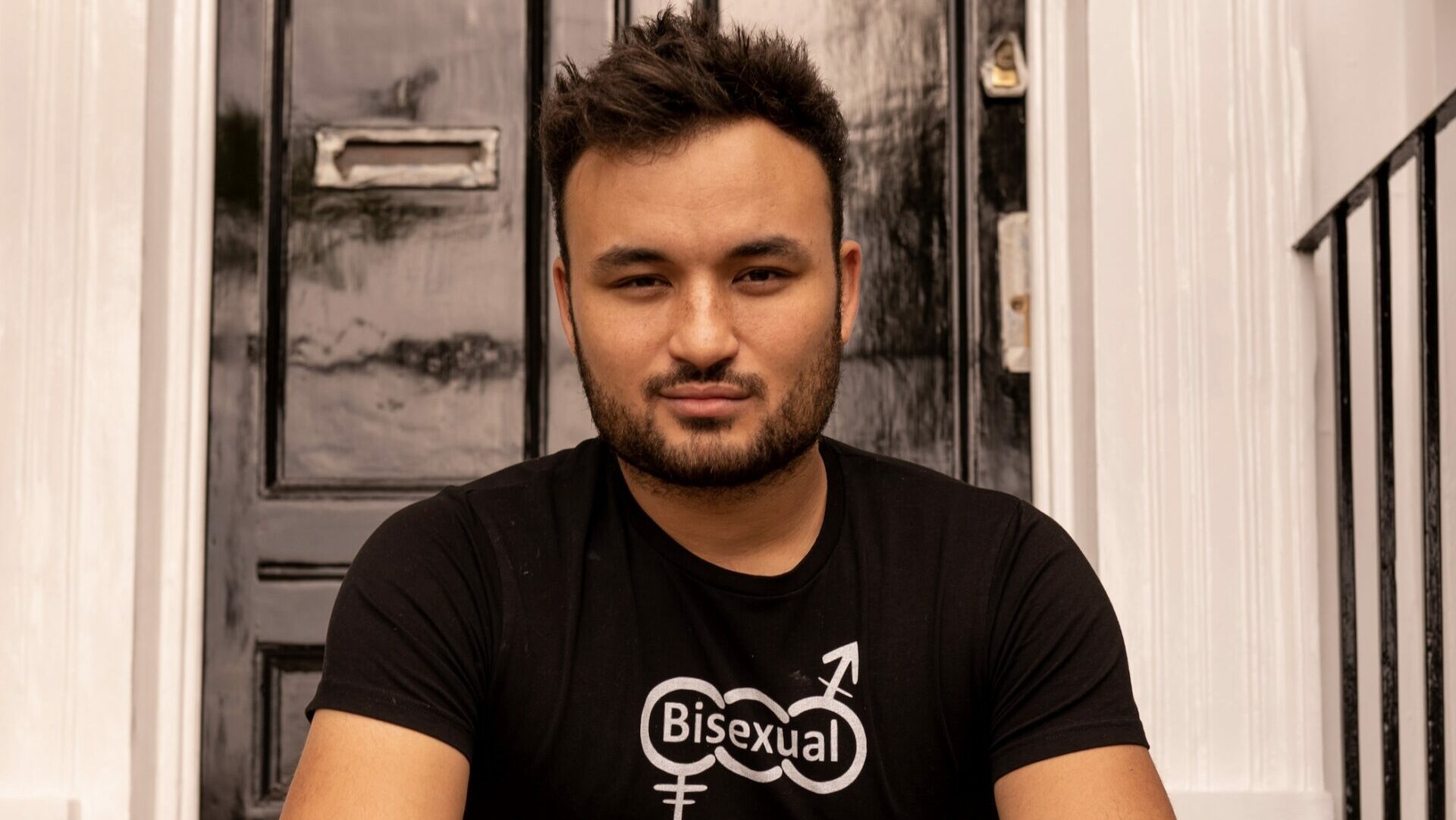‘Bisexuals make up 52% of the LGBTQ+ community – yet we are overlooked’
"I’d like to see legislation brought in that would require queer organisations to report how their money is spent on each of the LGBTQ+ subcategories," says Lewis Oakley in an op-ed
By Lewis Oakley

A s a bisexual advocate, I’ve grown accustomed to our community often taking a back seat.
It’s baffling, considering we make up a solid 52 per cent of the LGBTQ+ community, and those numbers are only climbing. Yet we are overlooked.
Bisexuals often receive minimal attention from LGBTQ+ organisations and charities, and I’d like to know where their money goes. I’d like to see legislation brought in that would require queer organisations to report how their money is spent on each of the LGBTQ+ subcategories.
For context, something similar is done in the US, where organisation Funders for LGBTQ Issues has found that over the past 60 years, only around 1 per cent of funding has been spent on bisexuality. In 2022, the group found that more cash flowed to LGBTQ+ allies than to us bi folks. If we can see who’s putting their money where their mouth is, we can make smarter choices about who to support.
“Bisexuals aren’t asking for the world, but with just a few strategic changes, we can raise ourselves”
Health is another biggie, with research showing that bisexuals face striking rates of poor health outcomes, ranging from cancer and obesity to sexually transmitted infections to mental health problems.
In 2017, the London Assembly Health Committee also found that bisexual people, and those who come under the + category, report that their identity is frequently misunderstood or simply erased by health professionals. To improve outcomes, I want to see a future government commit to research and education to equip healthcare providers with knowledge of bisexual-specific health risks.
Finally, let’s talk funding. We’ve been scraping by for way too long. Imagine if there was a pot of government money for bisexual-focused projects. It would be a game-changer, empowering our community to tackle issues head-on.
Bisexuals aren’t asking for the world, but with just a few strategic changes, we can raise ourselves out of the adversity we face.
